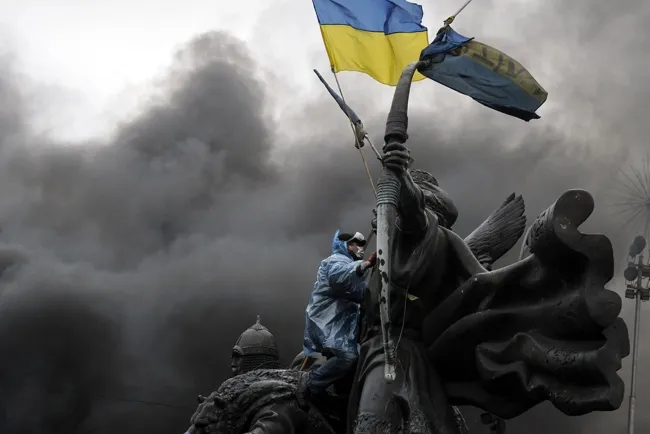Trump Chooses Diplomacy Over Military Action Against Iran's Nuclear Threat
In a significant shift in U.S. foreign policy, President Donald Trump has opted against supporting an Israeli plan to attack Iranian nuclear facilities, indicating a preference for diplomatic negotiations instead. As reported by The New York Times, this decision comes after extensive internal discussions regarding the best approach to curb Iran's nuclear ambitions.
A Shift in Strategy
The Israeli plan, which was reportedly set for execution next month, would have required U.S. military backing. However, Trump decided against this course of action, favoring dialogue over conflict. This decision reflects a broader consensus within the administration to avoid military intervention at this time, prioritizing negotiations to prevent Iran from developing nuclear weapons.
During a recent meeting with Israeli Prime Minister Benjamin Netanyahu in Washington, Trump communicated his decision, emphasizing the importance of seeking a diplomatic solution. He stated, "Doing a deal would be preferable to doing the obvious," acknowledging the growing tension surrounding Iran's nuclear capabilities.
Internal Divisions
While Trump leaned towards diplomacy, there were differing opinions within his administration. Some officials, including General Michael E. Kurilla, head of U.S. Central Command, and National Security Adviser Mike Wals, had shown openness to considering the Israeli offensive plan. Nevertheless, the prevailing sentiment was to explore diplomatic avenues before resorting to military action.
Concerns Over Iran's Nuclear Progress
This diplomatic pivot comes amid rising concerns voiced by the International Atomic Energy Agency (IAEA) regarding Iran's nuclear program. IAEA chief Rafael Grossi recently warned that Iran is not far from acquiring the necessary components to assemble a nuclear bomb. His remarks underscore the urgency of the situation as he arrived in Tehran for discussions with Iranian officials, including Foreign Minister Hossein Amir-Abdollahian and the head of Iran's nuclear energy agency, Mohammad Islami.
Netanyahu's Stance
Following Trump's announcement, Netanyahu articulated Israel's position on any potential agreement with Iran, insisting that it must allow for inspections and dismantling of nuclear facilities under American supervision. This reflects Israel's longstanding apprehension about Iran's nuclear capabilities and its implications for regional security.
Conclusion
As the U.S. embarks on negotiations with Iran, the international community watches closely to see if diplomatic efforts can successfully mitigate the nuclear threat. The shift away from military action towards a dialogue-centric approach marks a pivotal moment in U.S.-Iran relations and could have lasting implications for regional stability. The coming weeks will be critical in determining whether these talks will yield fruitful results or further escalate tensions in the Middle East.
For ongoing updates and insights into this evolving situation, stay connected with our blog.
What's Your Reaction?
















